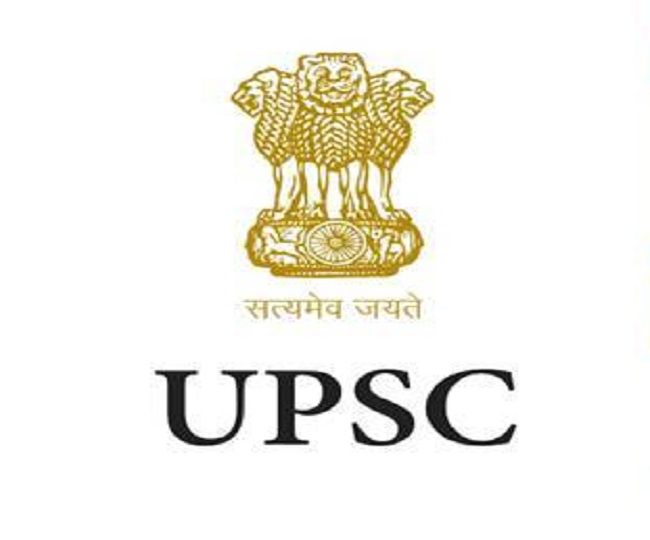Political will to undertake big-ticket reforms, and improvement in capacity utilisation, signalling an uptick in demand, will be key drivers for corporate investments in near term, it added.
PSBs will be forced to focus on re-orienting their business model and become more competitive and will need to increase focus on improving their performance (asset quality and profitability) instead of chasing growth, improving governance and building better customer connect, asserted the study.
Mid-size to small PSBs will face greater challenges and will need to develop regional expertise and focus on smaller ticket lending in retail and SME segments.
“PSBs will face strong competition from private banks in the low yield segments like mortgage, auto and from non-banking finance companies (NBFCs) in the high yield segments like loan against property, used vehicles, personal loan, gold loan and others,” it said.
Banking in India is dominated by PSBs that account for about 74 per cent of total advances, while private sector accounts for 22 per cent and foreign banks for the rest, however, share of private banks has increased from about 18 per cent during the course of past five years.
Private banks have grown at a CAGR of 20 per cent between fiscals 2010-2015 compared to 16 per cent CAGR clocked by PSBs. Within private banks, growth is driven by new private banks, whose advances grew by 21 per cent CAGR over fiscals 2010 and 2015 compared with 17 per cent by old private regional banks.





